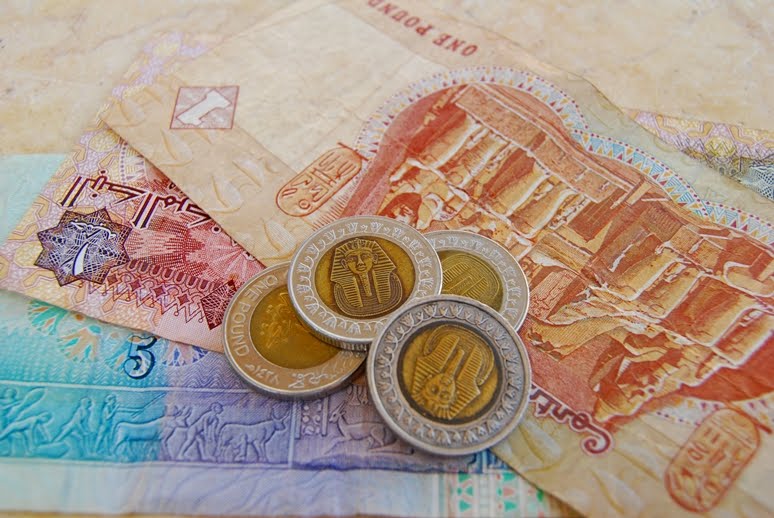As Syria braces for a third successive season of drought, Damascus has introduced a raft of measures to support the agricultural sector, including adjustments to farmers’ financing terms and new irrigation schemes.
In early July, the government announced plans to reschedule farmers’ debts for the second consecutive year, after fears about poor wheat, barley and cotton harvests were raised. The new plan will allow farmers to pay back the interest on loans extended in 2009 in annual installments over a 10-year period. According to the local press, the new measure would affect S£1 million (€16,842) of debt.
This announcement came just weeks after the state-run newspaper Al Baath reported that the country’s domestic wheat harvest for 2010 is expected to reach 2.4 million tonnes. Adel Safar, minister of agriculture, had previously stated that the harvest should hit 4 million tonnes this year, which would meet the republic’s domestic consumption requirements of between 3.6 million and 4 million tonnes. The news of another poor harvest is likely to mean that the country will have to import wheat for a third consecutive year.
While drought has been put forward as the primary reason for poor wheat yields over the last three years, in 2010, the crop has also been affected by epidemic of wheat rust, a fungus that kills the plant, which has affected fields in the north-east of the country. The wheat rust infection has also impacted on agricultural production in neighboring Turkey, Iraq and Iran.
However, not only wheat farmers are suffering. Barley yields are reportedly down and the cotton harvest is set to disappoint. The 2009 crop is estimated at 660,000 metric tonnes of raw cotton, 25 percent less than planned, according to a report by the foreign service of the US Department of Agriculture. Given that up to 20 percent of the country’s workforce is employed by the cotton and textile industries, the weak harvest is a major cause for concern.
With the agricultural sector floundering, the government has stepped in.
Not only has it ensured the rescheduling of debt, it has also taken extra measures to increase credit and subsidies to the sector. The Agricultural Support Fund (ASF), established in 2008 to support the sector at a time when price subsidies for fertilizer and gas oil were reduced, confirmed its 2010 program in July 2010.
The fund will offer significant subsidies to the sector, particularly for the production of fruit and vegetables. For example, the ASF will offer cash payments of S£10,000 (€168.44) per ha for apple crops, S£14,000 (€235.81) per ha for citruses, S£5000 (€84.21) per ha for olives and S£10,000 (€168.44) per ha for maize.
These cash subsidies will be granted in parallel to an expanded credit program offered by the state-owned Agricultural Cooperative Bank. The bank, which aims its entire loan portfolio at the agricultural sector, announced in April this year that it will double its loan size limits. The ceiling for medium-term loans, which are extended from one to five years, will rise from S£ 10 million (€168,442) to S£ 20 million (€336,884), while long term loans, which have a tenor of between five to 10 years, will see their limit increased to S£50 million (€842,167).
While the decision by the Ministry of Finance, which oversees the bank, was rationalized as an instrument for encouraging further investment in the sector, in the short term it may simply help struggling farmers to stay afloat.
While many of these measures provide immediate relief for the sector, the government is also looking at the longer-term viability of agricultural activity in the country.
This is best illustrated by the plan to transfer irrigated lands throughout the country from traditional irrigation methods to modern systems. The plan, ratified and fleshed out in a decree in June building on a program launched in 2006, obligates farmers to upgrade their irrigation systems.
This will be achieved through a number of incentives, such as soft loans, and penalties for non-compliance, which range from a S£1000 (€16.84) fine per ha in the first year of non-compliance, to being completely cut off from the water supply in the third year of non-compliance.
It is hoped that such measures will not only help the country to ease its water scarcity issues but also to farm more efficiently. The government is well aware that, although it must stand by the sector in its hour of need, significant improvements are needed to make it competitive in the future.



